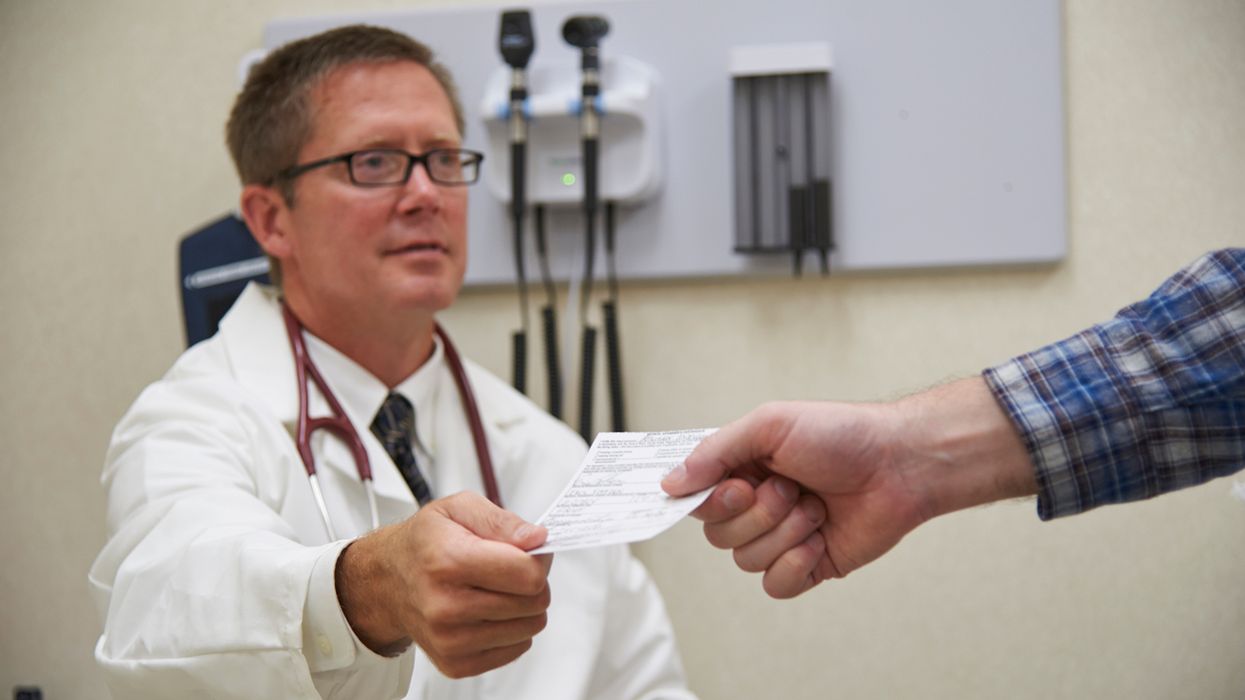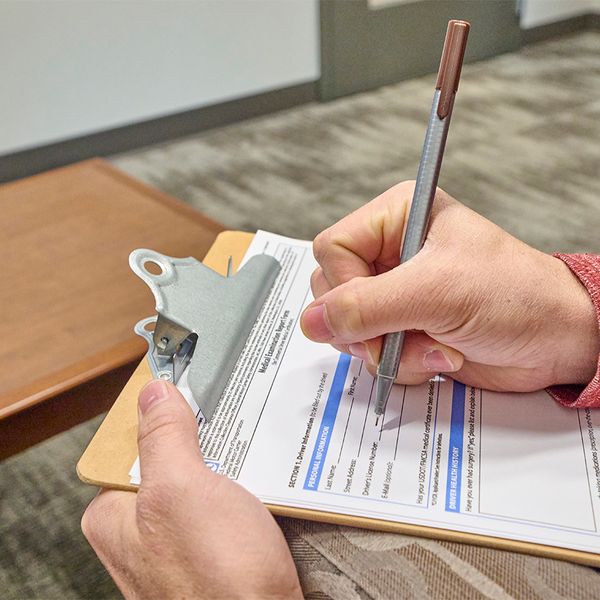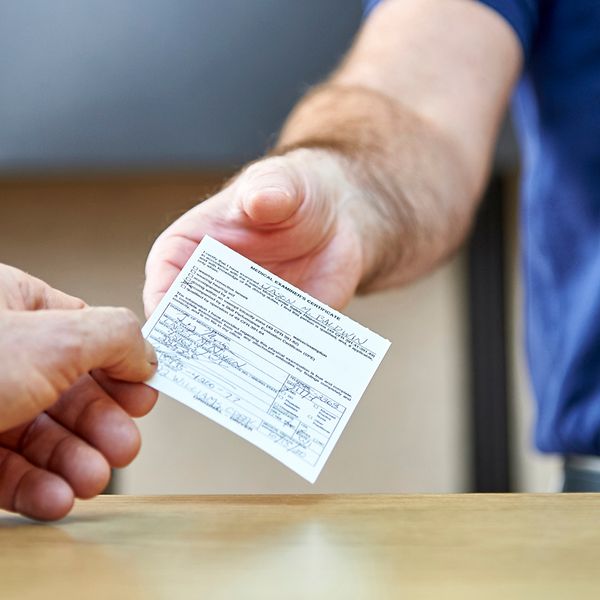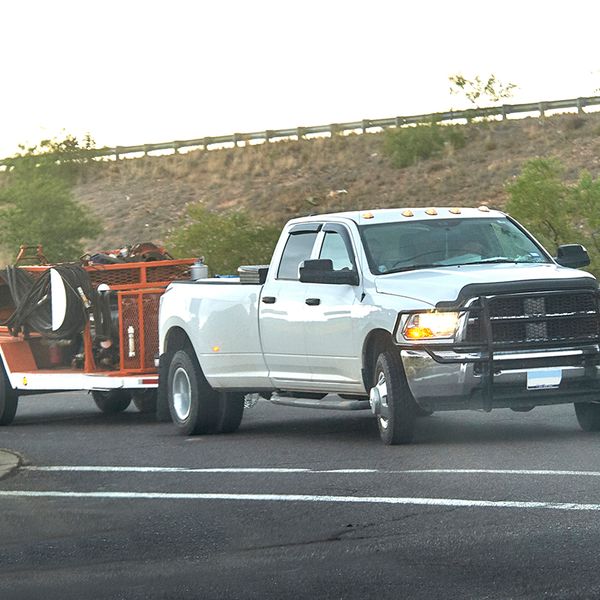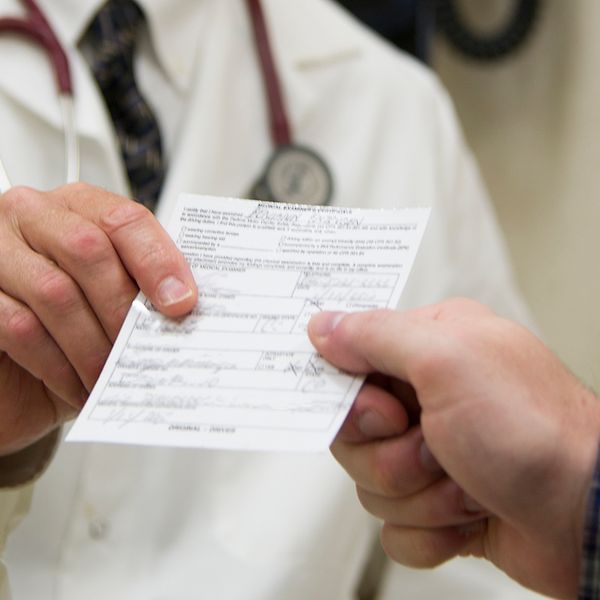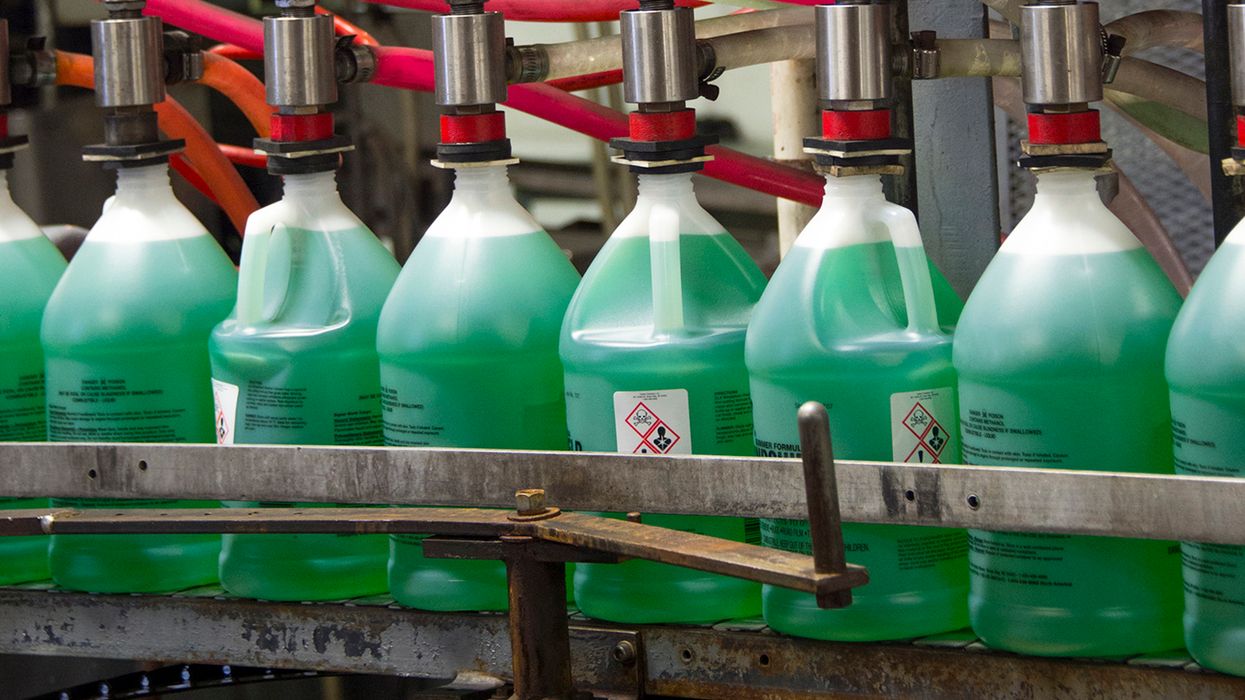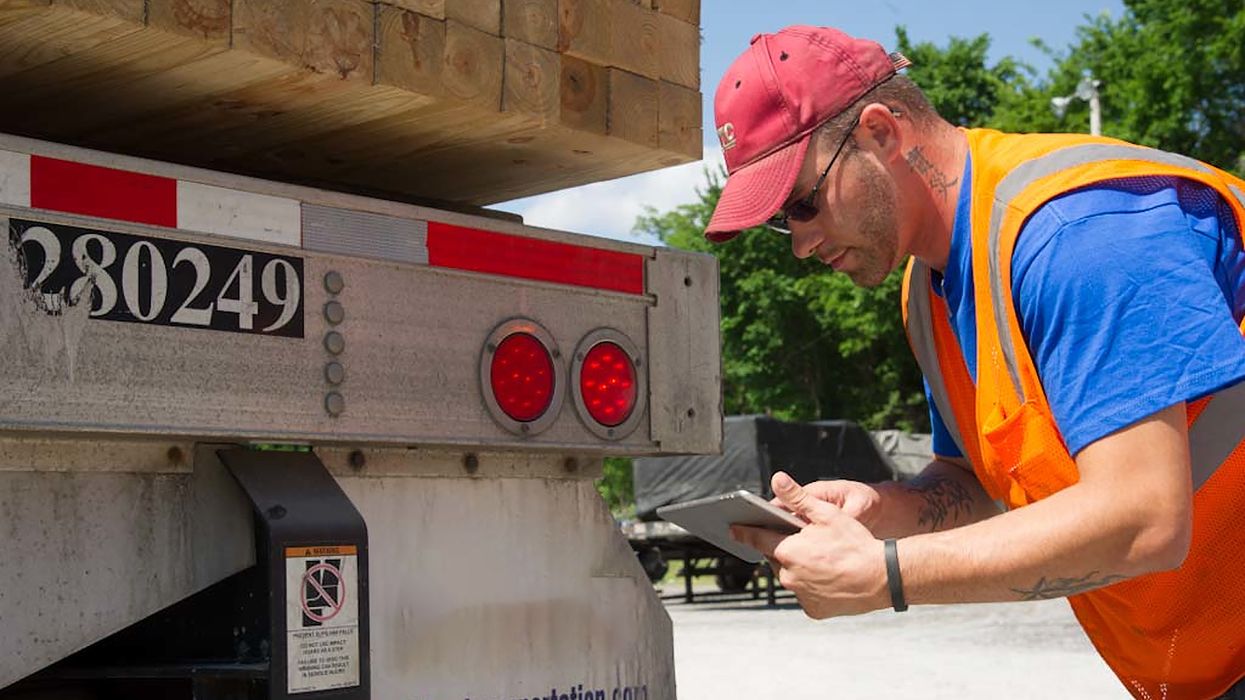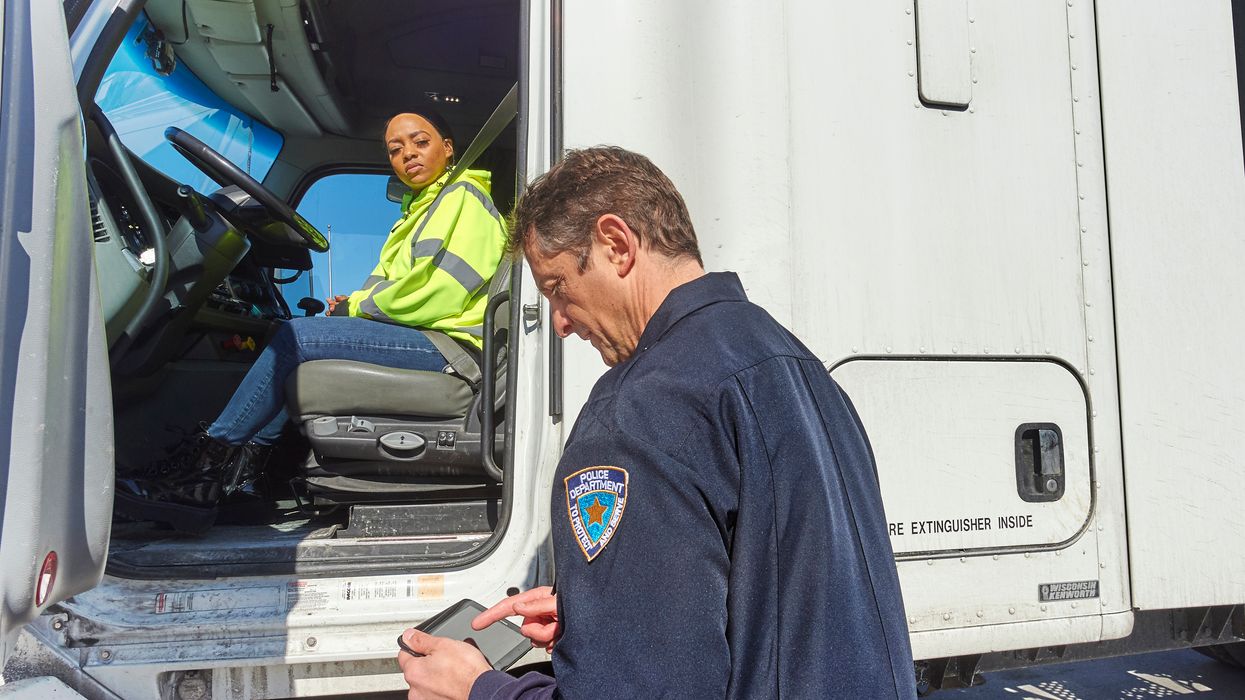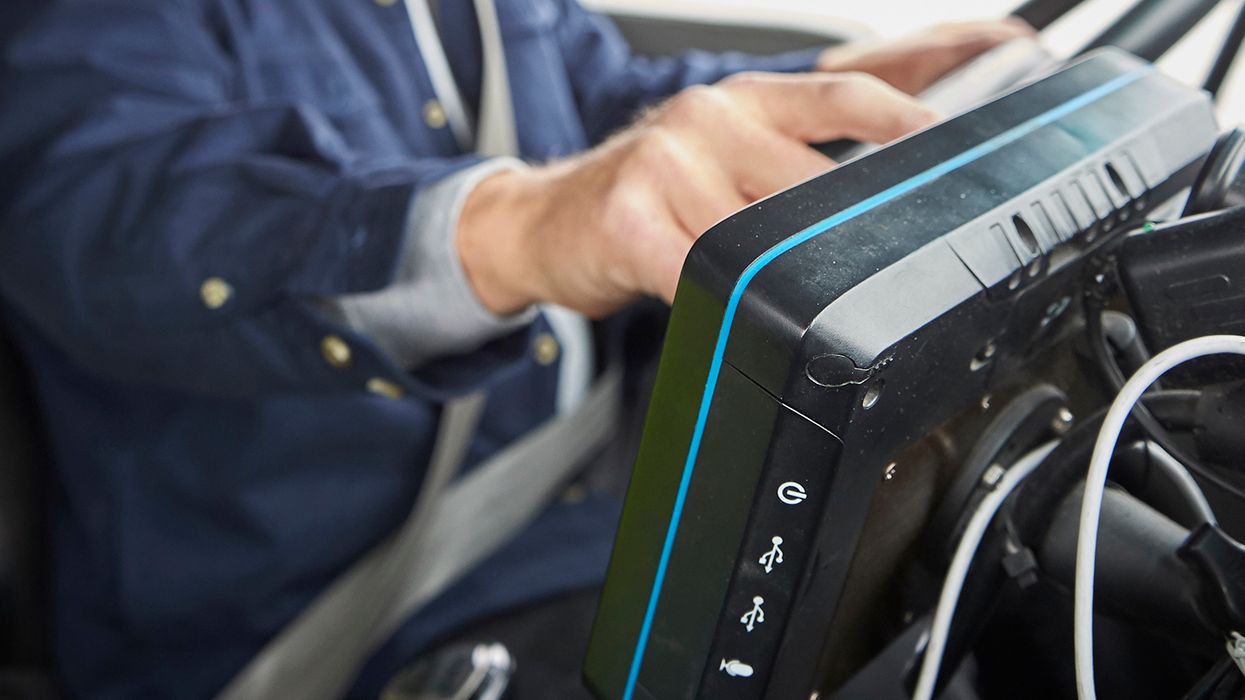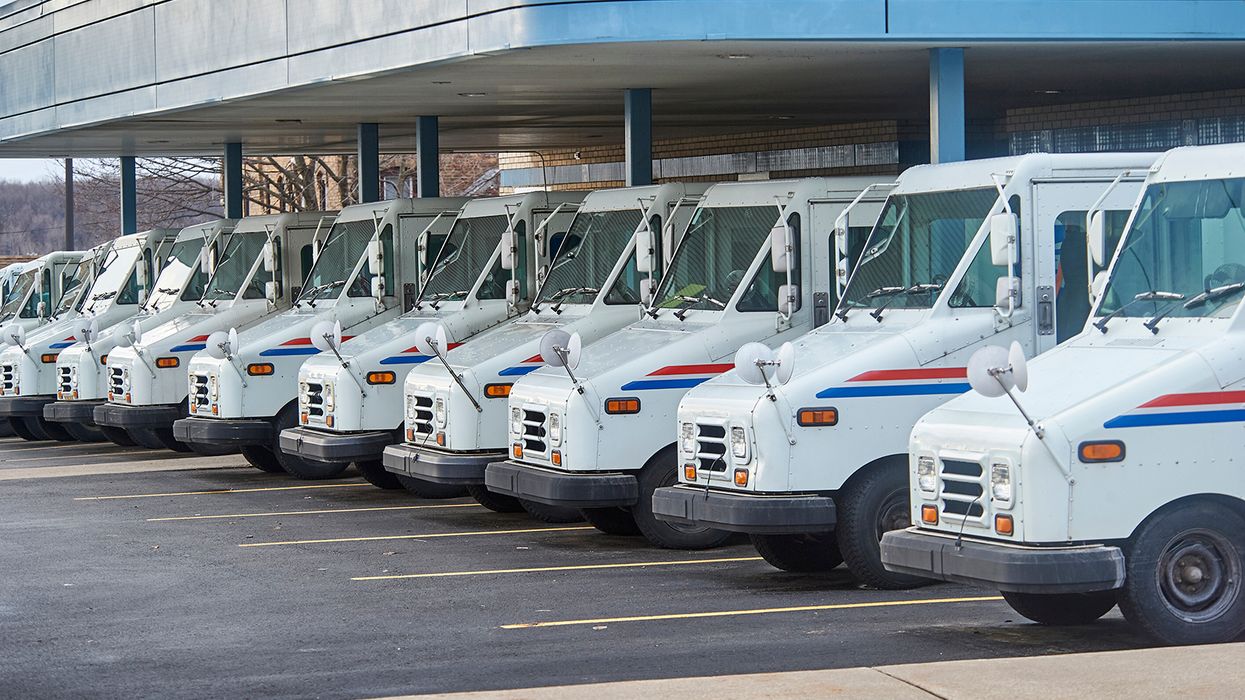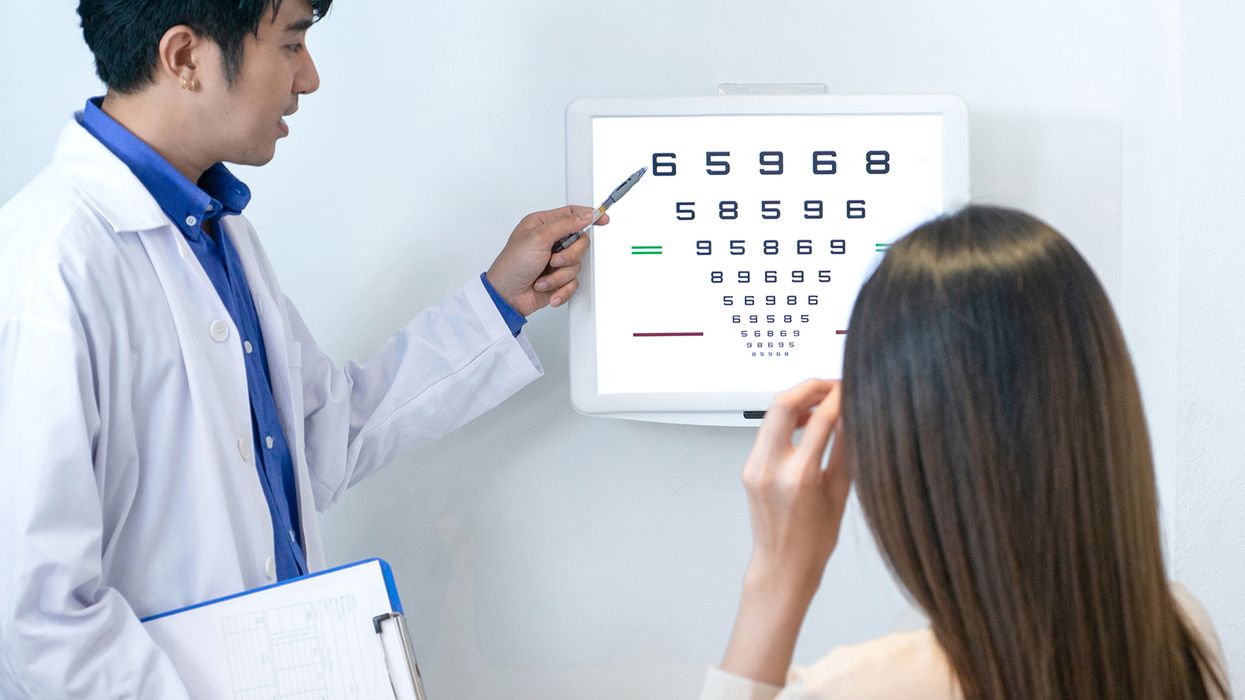The 5 hottest medical qualification questions
Drivers operating commercial motor vehicles (CMVs) in interstate commerce are subject to medical qualification requirements under Part 391 of the Federal Motor Carrier Safety Regulations (FMCSR).
A clear understanding of the regulations is critical to having medically qualified drivers on the road and compliant driver qualification (DQ) files.
Below are five frequently asked medical qualification questions right now:
1. Do we need a non-CDL driver’s motor vehicle record (MVR) as proof of a physical?
No. For a driver who does not hold a commercial driver’s license (CDL), also known as a non-CDL driver, their current medical status will not appear on their MVR. Regulations only require driver’s licensing authorities to monitor and track the medical status of CDL drivers who have self-certified as “non-excepted” interstate or intrastate drivers. Non-excepted means they are subject to driver physicals.
2. Are motor carriers required to have the Medical Examination Report (MER), or “long form,” in a DQ file?
The long form is not required in the DQ file. If a long form is reviewed and retained, carriers should:
- Obtain a release from the driver to review the medical information;
- Store the long form in a medical file separate from the personnel and DQ files to avoid violating the Americans with Disabilities Act (ADA);
- Avoid violating the Genetic Information Nondiscrimination Act (GINA) by having a copy of a long form that lists any genetic conditions; and
- Review the form after extending job offer, not before.
3. Is a new medical exam required if a driver transfers their license to another state?
The rules do not require a driver to obtain a new medical card when they move to a new state. However, the driver must obtain a new license within 30 days of establishing a residence in the new state in most cases. A medical card is valid until the expiration date unless the driver experiences a disqualifying condition.
A CDL driver must self-certify their current medical card with the new licensing authority. After the 10 days allowed for the information to transfer to the CDL Information System (CDLIS), a new MVR must be placed in the DQ file as proof of medical certification.
4. Must a CMV driver who takes a leave of absence or experiences an illness (physical or mental) or injury undergo a new medical examination even if their current medical certificate has not expired?
Interpretation # 3 from Section 391.45 provides the following guidance:
“391.45 Question 3: Must a driver returning from an illness or injury undergo a medical examination even if their current medical certificate has not expired?
Guidance: The FMCSRs do not require an examination unless the injury or illness has impaired the driver’s ability to perform their normal duties. However, the motor carrier may require a driver returning from any illness or injury to take a physical examination. But, in either case, the motor carrier has the obligation to determine if an injury or illness renders the driver medically unqualified.” A certified medical examiner can determine the medical qualification per 391.45(g).
5. Is a drug test required with a CDL driver’s physical?
Department of Transportation (DOT) drug testing under Parts 40 and 382 is not required during nor connected to the driver’s physical requirements in Part 391.
Out of convenience, some carriers send new CDL drivers for both a driver physical and DOT pre-employment drug screen at the same facility. If this is the case, the medical examiner must complete the physical examination without collecting the Part 382 controlled substances urine specimen, which is different from the urine sample taken for a glucose test.
| For more information on driver medical qualification requirements check out this article. |
Key to remember: Know the medical qualification rules to stay compliant and consult an expert when in doubt.

